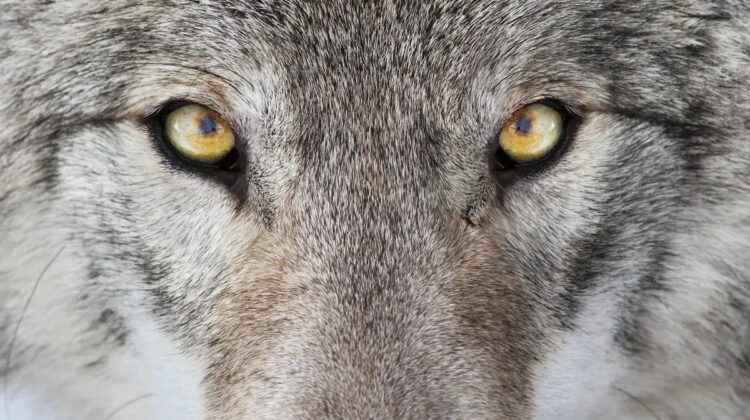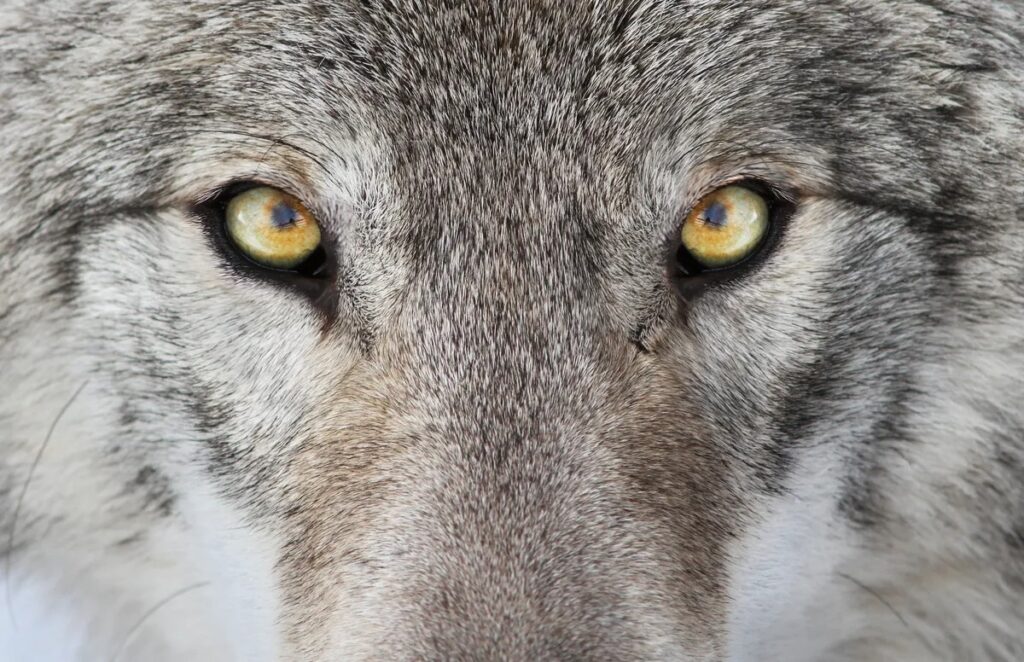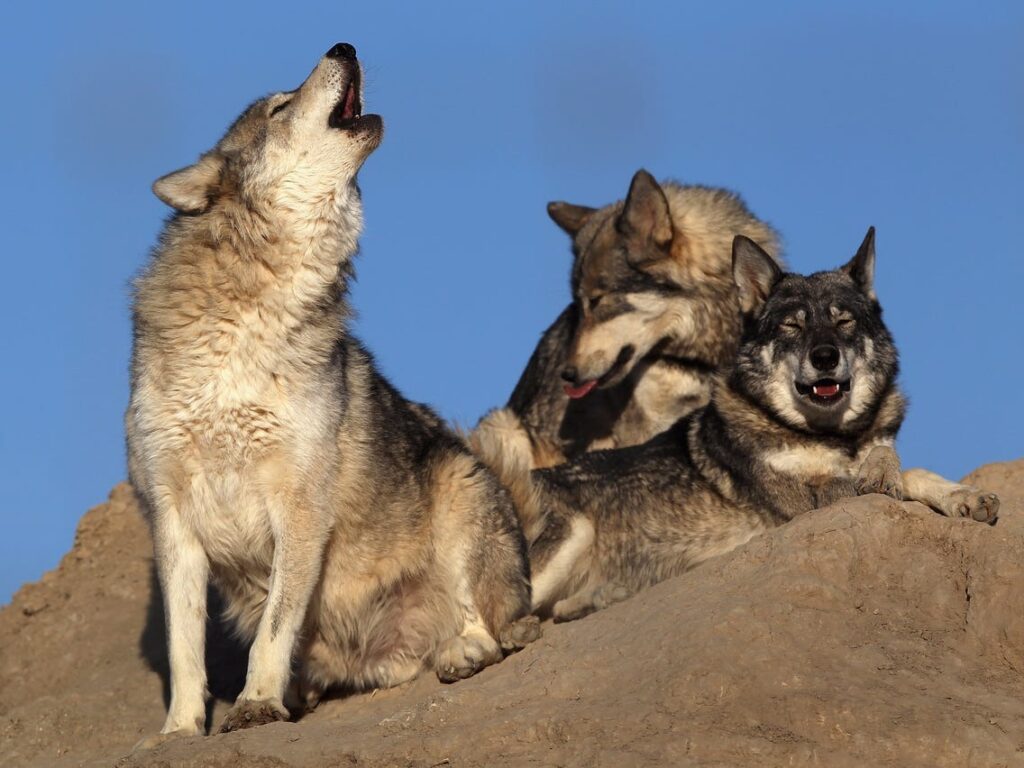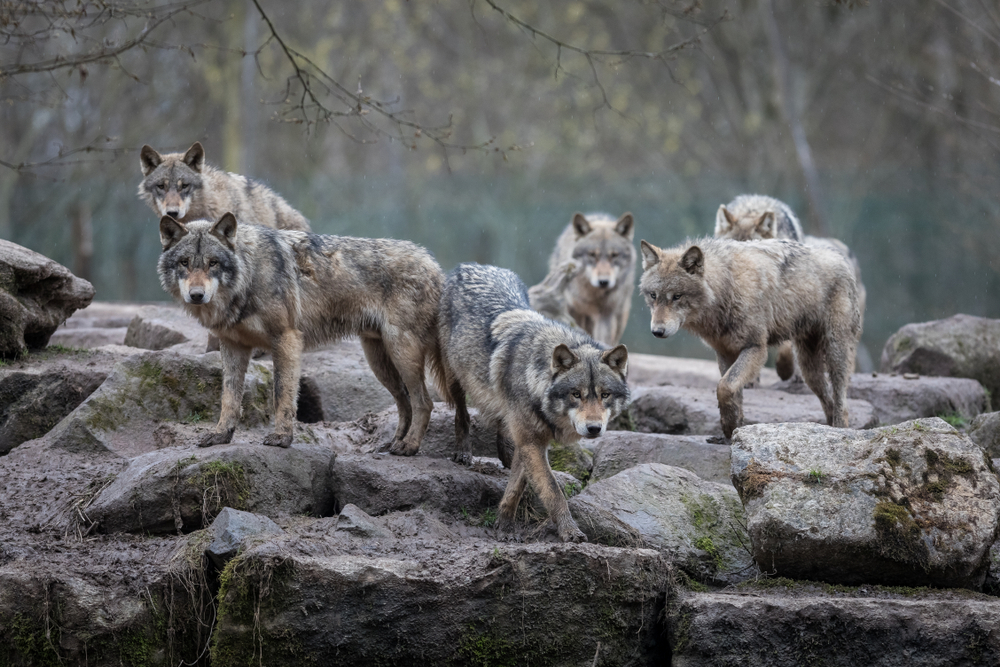
The concept of the alpha male has been deeply ingrained in popular culture, but it turns out that it’s all a big lie. The idea of dominant alpha males and submissive followers, borrowed from studies on wolves, has been perpetuated for decades. However, recent research has shown that this understanding is fundamentally flawed.
Contrary to popular belief, wolf packs don’t actually have alpha males and females. The notion of alpha wolves leading the pack in a hierarchical structure is a misinterpretation of their social dynamics. In reality, most wild wolf packs are made up of a family unit consisting of the parents and their offspring. The adult wolves assume leadership simply because they are the parents, not because they engaged in a fierce battle for dominance.

While it’s true that there can be occasional competition and disputes within the pack, the overall dynamic is more cooperative and familial than hierarchical. Wolves compete for resources, such as food, which can lead to some individuals dispersing from the pack. But this competition doesn’t involve an alpha male asserting dominance over others.
The misrepresentation of the alpha male concept originated from studies conducted on captive wolves, where unrelated individuals were confined together in limited spaces. The observations made in these unnatural settings led to the notion of dominant alphas vying for power. However, such behavior is not reflective of how wolves behave in the wild, where family-oriented packs form naturally.

The term “alpha wolf” was coined by animal behaviorist Rudolf Schenkel in 1947, based on his observations of captive wolves. It gained further traction through the influential work of scientist and wolf researcher Dr. L. David Mech. Mech’s book, published in 1970, helped popularize the alpha concept, but he later acknowledged that it was outdated and misleading.
Mech conducted extensive field research on wild wolves and debunked the alpha male myth. He found that the alpha pair were simply the breeding animals, the parents of the pack, and dominance contests among wolves were rare or non-existent. Mech’s research highlighted the importance of family bonds and monogamous pairings in wolf packs, rather than a dominant leader.
In the wild, young wolves eventually disperse from their natal packs to form new ones with opposite-sex partners. The formation of new packs is primarily driven by mating and the desire to establish a family unit. There are no intense battles for alpha status between male offspring and their fathers, as commonly portrayed.

To lead a pack, wolves don’t need to fight their way to the top. Instead, they find a mate, establish a bond, and start their own pack. The whole concept of the alpha male, as commonly understood, is a persistent misunderstanding.
So, the next time you hear someone talking about the alpha male, remember that it’s nothing more than a fictional construct that has been perpetuated for years. Wolves teach us that family bonds and cooperation are more important than dominance hierarchies. It’s time to let go of the alpha male myth and embrace a more accurate understanding of nature’s true dynamics.

Leave a Reply